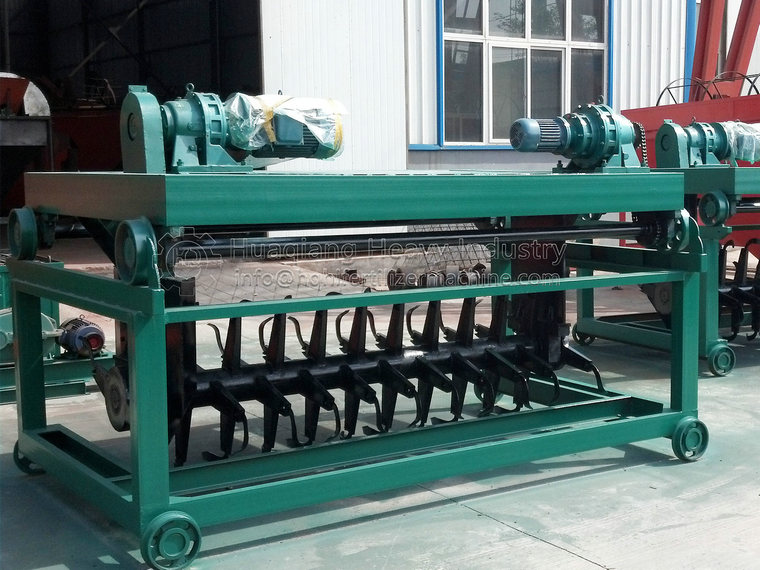Measures to improve composting technology and quality of compost
Although the application of garbage compost can improve the soil and promote plant production, due to the composition of the garbage itself, the process is more professional in the fertilizer manufacturing process , which will also have a potential impact on the environment. The high cost of production, transportation and application, and poor economic benefits, restrict the application and development of compost. However, as a method of waste treatment and resource recovery, economic efficiency cannot be the only criterion for measuring, but to make it a promising method of garbage treatment, improving the composting process and improving the quality of composting are the main directions for future development.
Improvement of composting process
There is a long history of composting, and there are many technical processes. The treatment cost, treatment effect and compost quality of different process methods are different. Traditional anaerobic composting uses anaerobic microorganisms to complete the decomposition reaction. Air and compost are isolated, the temperature is low, the process is relatively simple, the nitrogen storage in the product is relatively large, but the composting cycle is too long, the odor is strong, and the decomposition is not Full substance. The modern composting process is basically aerobic composting through forced ventilation.This is because aerobic composting has a high temperature and effectively kills pathogenic bacteria.The matrix is completely decomposed, the composting cycle is short, and the odor is small. Etc.

How to sort and collect garbage, which sorting equipment is needed?
Composting is a treatment technology for organic components in garbage. The wastes such as Shikuai, metal, and glass not only affect the fermentation process of compost, but also affect the quality of compost. These substances must be sorted out and treated separately. At present, China’s urban domestic waste generally adopts a mixed collection method. Although the paper, plastic, etc. in the garbage are greatly reduced after multiple pick-ups by residents, scavengers, sanitation workers, etc., the garbage still contains some non-degradable substances such as metals and waste batteries , Waste lamps, etc. At present, in the process of composting, the method of mechanical combined with manual sorting is usually adopted. The mechanical sorting methods mainly include screening, wind sorting and magnetic sorting. Taking effective measures to promote the separation and collection of municipal solid waste in China is very necessary to save the cost of compost and improve the quality of compost.
Screening and cultivation of microorganisms, how to shorten the compost maturity cycle
Composting mainly uses microorganisms to degrade organic matter, and microorganisms are the main body of the composting process. The types and number of microorganisms in compost have an important influence on the fermentation time and fertilizer efficiency of compost. There are two main sources of microorganisms in composting. On the one hand, it comes from the composting material itself. On the other hand, special microorganisms are acclimated and cultivated to inoculate compost. These strains have the characteristics of strong activity, fast reproduction, and rapid decomposition of organic matter. They can accelerate the process of compost reaction, shorten the compost reaction time, and help reduce investment and land occupation.